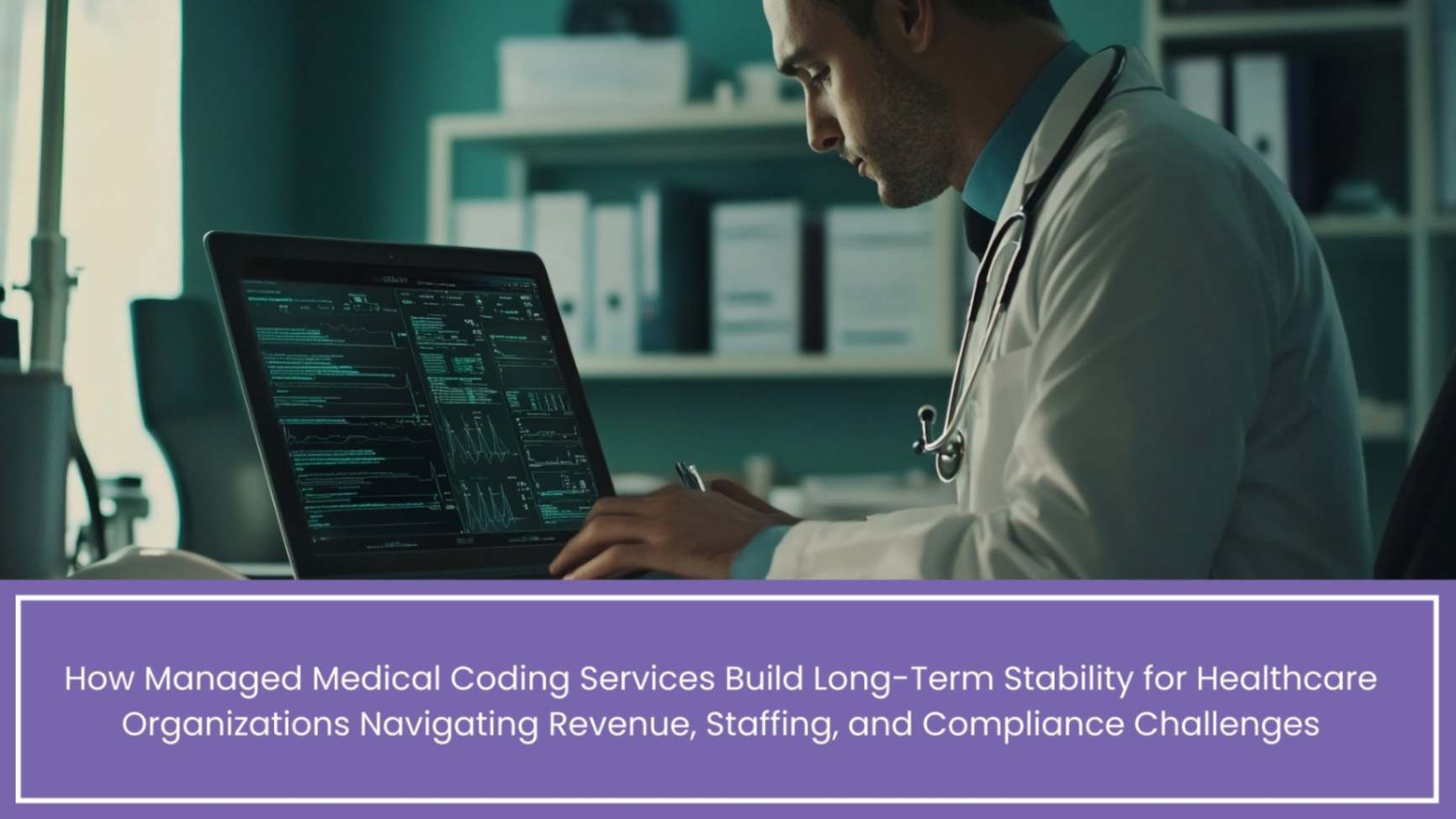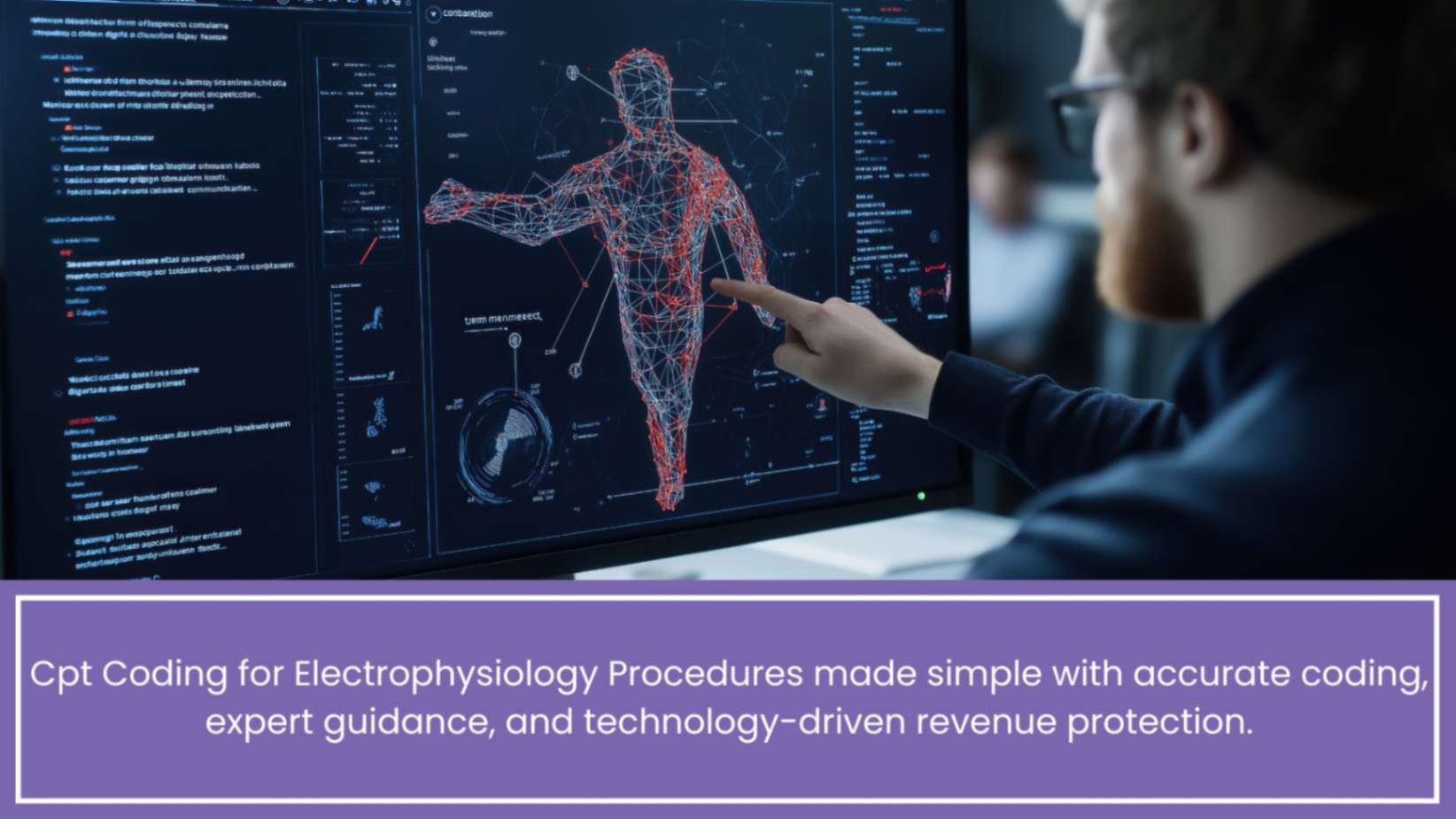Decoding CMS Regulations for Bariatric Surgery Billing: A Comprehensive Guide to Compliance and Reimbursement
The expenses related to bariatric surgery are mostly influenced by the Centers for Medicare and Medicaid Services (CMS). Keeping current with CMS regulations is crucial for maximizing reimbursement and meeting compliance requirements. The main CMS guidelines for bariatric surgery billing will be thoroughly covered in this blog, along with some suggestions on how to manage them.
Table of Contents
Understanding the Coverage Criteria
In order to qualify for reimbursement for bariatric surgery, patients need to comply with some conditions imposed by CMS.
- A minimal criterion for a patient is having a BMI of around 35 or above. This measurement is dependent on weight and height.
- Having at least one comorbidity related to obesity: Patients need to be experiencing a minimum of one health issue that is associated with obesity, such as:
- Type 2 diabetes
- Hypertension
- Obstructive sleep apnea
- Heart disease
- Stroke
- Gallbladder disease
- Osteoarthritis
- Patients must have attempted weight loss in the past, utilizing non-surgical weight loss techniques, diets, and exercise regimens, over a period of six months without achieving any appreciable weight loss.
- According to CMS rules, those who achieve these requirements could be eligible for the reimbursement of bariatric surgery.
Navigating the Pre-authorization Process
Understanding the Pre-authorization Requirements:
- Complete Documentation: Submit comprehensive pre-authorization requests, including:
- Patient’s medical history
- BMI calculation
- Documentation of obesity-related comorbidities
- Evidence of previous weight loss attempts
- Endorsement Letters: To strengthen the case for health insurance coverage, obtain letters of endorsement from nutritionists, psychologists, or attending physicians. These letters can provide additional medical evidence to support the necessity of bariatric surgery.
- If your claim is denied, understand the reason for the denial and collect the necessary evidence to support your appeal. Understand the payer’s process for appeals and deadlines.
By carefully addressing these requirements and preparing thorough documentation, you can increase your chances of obtaining pre-authorization for bariatric surgery procedures.
The Role of Quality Measures
Recognizing the Value of Quality Measures:
- CMS Quality Reporting Program (QRDA): Under value-based payment models, involvement in the QRDA program is frequently necessary in order to be reimbursed. It entails reporting on particular bariatric surgery quality metrics.
- Effect on Reimbursement: Payback can be considerably impacted by adherence to quality standards. Practices that continuously meet or above quality standards could be exempt from fines or given cash incentives.
- Concentrate on Patient Results: Patient outcomes must be prioritized for both moral and business reasons. Through enhancing patient happiness, decreasing problems, and attaining notable weight loss, practices can exhibit their dedication to providing high-quality care and augment their possibility for compensation.
Important Criteria for Bariatric Surgery Quality:
- Weight decrease: Use metrics like body weight % and BMI to track and report on patients’ weight decrease over time.
- Analyze how often conditions like diabetes, sleep apnea, and hypertension that are linked to obesity occur.
- Patient happiness: Use questionnaires or other methods of receiving input to gauge patient happiness.
- Readmissions and problems: Keep track of post-bariatric surgery readmission and problems rates.
Practices can raise their potential for reimbursement and strengthen their position with payers by concentrating on certain quality metrics and showcasing excellent results.
Coding and Documentation Best Practices
Accurate CPT Codes:
- Use the appropriate CPT codes for bariatric surgery procedures, such as:
- 43641: Laparoscopic sleeve gastrectomy
- 43651: Roux-en-Y gastric bypass
- 43642: Laparoscopic biliopancreatic diversion with duodenal switch
- Verify that the right modifiers are applied to convey the procedure’s complexity and any extra services rendered.
Detailed Documentation:
Maintain comprehensive medical records, including:
- Pre-operative evaluations and assessments
- Surgical procedure notes
- Post-operative progress notes
- Documentation of complications, if any
- Laboratory and imaging results
- Document patient outcomes and any improvements in obesity-related conditions.
ICD-10 diagnostic codes:
- In order to enable billing and appropriately reflect the patient’s condition, assign the appropriate ICD-10 diagnosis codes.
- ICD-10 codes that are pertinent to bariatric surgery include:
- 51: obesity, particularly to a higher degree
- 9: Obesity, unspecified
- 31: Type 2 diabetes mellitus with complications
- 0: Essential hypertension
- 3: Obstructive sleep apnea
You can minimize the chance of denying your claim and maximize reimbursement by sticking to these coding and documentation rules, which will ensure accurate and comprehensive claims.
Complimentary Care & Value-Based Services
Understanding the impact of bariatric surgery on reimbursement:
Value-based care and bundled payments are increasingly prevalent in the healthcare sector. These methods currently prioritize compensating physicians according to patient outcomes and quality of care, rather than a fee-for-service model.
Bundled Payments:
Bundled payments involve paying for a package of services related to a specific healthcare event all at once.
- In instances concerning bariatric surgery, this may involve evaluations before the operation, the surgery itself, the recovery period, and any associated services.
- Bundled payments aim to motivate providers to deliver efficient, top-notch care while managing costs effectively.
Payment models based on value
Value-based payment agreements incentivize healthcare providers to meet predetermined goals, including reducing expenses and improving patient results.
- Value-focused payment methods for bariatric surgery could emphasize results such as enhanced comorbidities, weight reduction, and patient contentment.
- Under these models, practices that show positive results can be exempt from fines or receive financial incentives.
Care Coordination
- Seamless Transitions: Bundled payments and value-based care management depend on effective care coordination.
- Assure seamless transfers between healthcare professionals involved in the process of bariatric care.
- Steer clear of redundant billing and make sure all services are appropriately recorded.
Through an awareness of the implications of value-based care and bundled payments, bariatric practices can maximize their reimbursement methods while concentrating on providing excellent patient care.
Staying Updated with CMS Changes
The Value of Staying Up-to-date:
The healthcare sector continues to grow, especially in the area of bariatric surgery. Nonetheless, in order to guarantee compliance, optimize payment, and adjust to shifting market conditions, it is essential to be current with the most recent CMS standards. Here are some methods for remaining knowledgeable:
- Keep an eye on CMS Announcements: Check the CMS website frequently for updates and advisories. Keep a close eye on any modifications to the policies on payment, coding requirements, and coverage that particularly affect bariatric surgery.
- Participate in webinars and industry conferences: Attend seminars, webinars, and conferences centered to healthcare billing and bariatric surgery. These gatherings offer chances to pick up knowledge on the newest trends, industry best practices, and legislative modifications.
- Connect with Professionals in the Industry: Make connections with other bariatric surgery practices, medical billing specialists, and business titans to exchange ideas and information. Building relationships can provide valuable information and support.
- Speak with Billing Experts: Take into account collaborating with a billing expert or contracting out your billing to a specialist company such as Practolytics. These professionals may offer advice, guarantee adherence, and assist you in navigating the intricacies of CMS regulations.
You may set up your bariatric surgery firm for long-term profitability and financial stability by remaining knowledgeable and proactive.
Partnering with Practolytics for Compliance
The Practolytics Advantage:
- Expertise in Bariatric Billing: The Practolytics staff is knowledgeable about CMS guidelines, bariatric surgery codes, and reimbursement requirements. Our staff can provide expert guidance and help to ensure your practice maintains compliance.
- Regulatory Compliance: You can stay up to date on the ever evolving CMS standards by working with Practolytics. Audits and fines are less likely because our experts monitor changes and ensure that your practice is always compliant.
- Simplified Processes: Practolytics’ cutting-edge technology and effective workflows can greatly lessen the bariatric billing’s administrative load. Our group can reduce claim denials, enhance accuracy, and streamline your operations.
Working with Practolytics allows you to utilize our expertise, resources, and commitment to following regulations, ensuring the smooth functioning of your bariatric surgery practice.
Conclusion
It is essential for the financial stability of your bariatric surgery practice to adhere to CMS regulations. Being conscious of the important standards, monitoring quality indicators, and collaborating with experts such as Practolytics can help you effectively handle CMS billing complexity and optimize your revenue cycle.
ALSO READ – Mastering Wound Care Billing Codes for RCM Success
Talk to Medical Billing Expert Today — Get a Free Demo Now!






